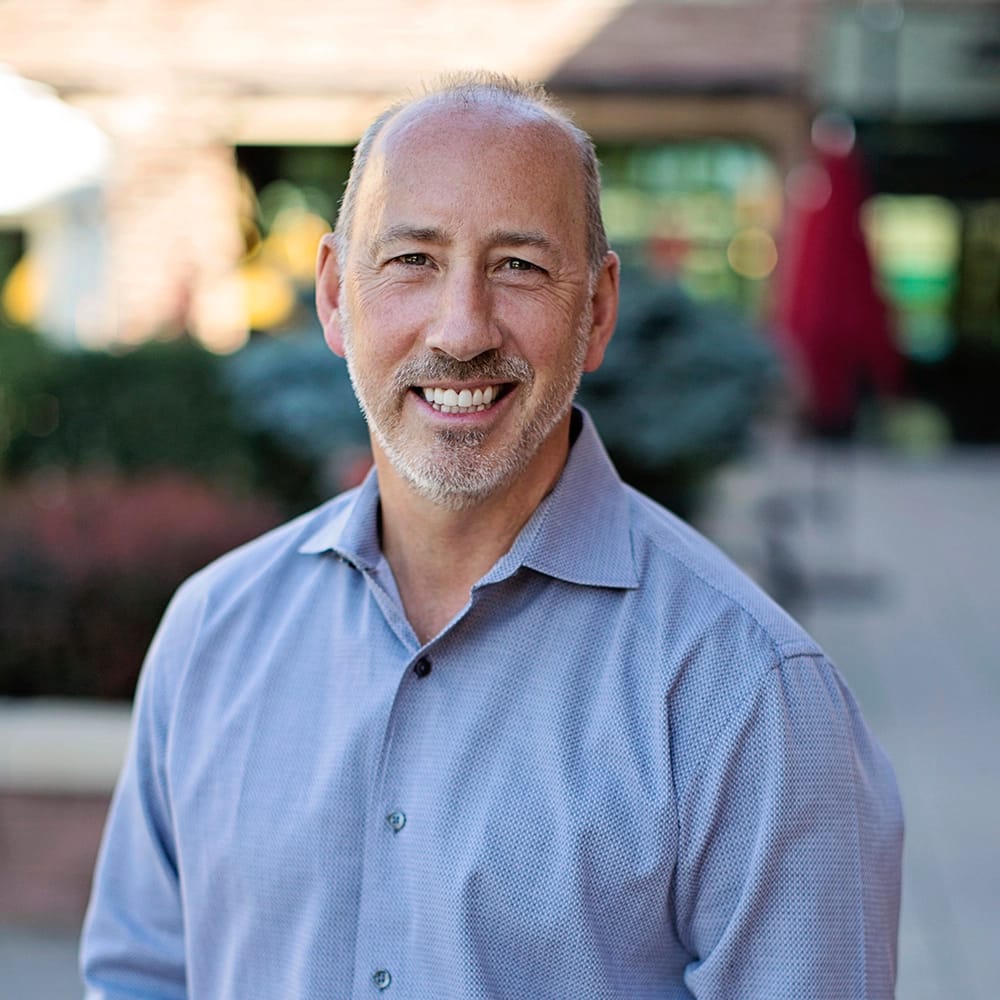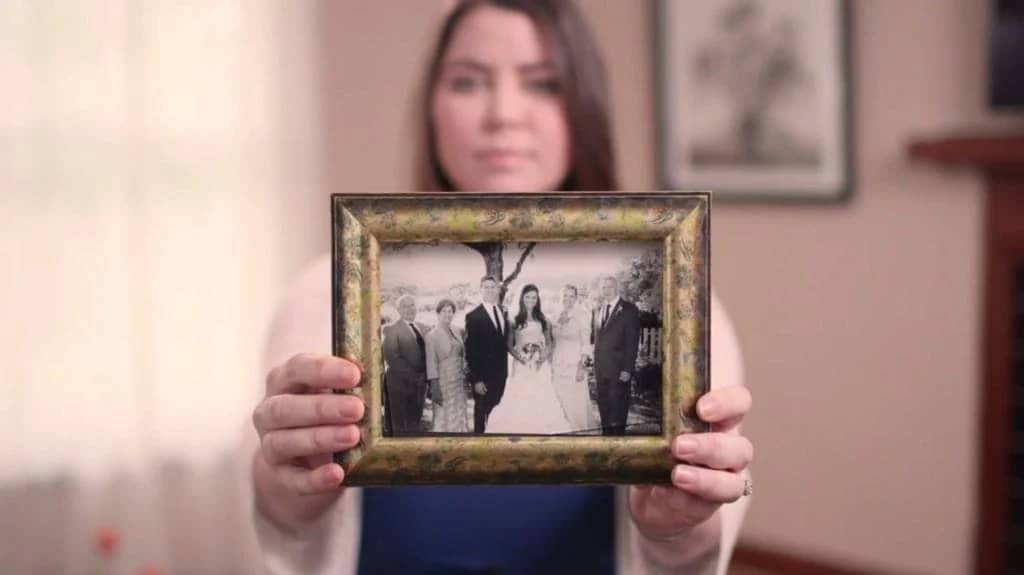
Mike Reagan shared his story in November of 2023.
I have served hundreds of dying patients and accompanied many of them at the time of their passing. As a death doula, I offer my services with a reverence for the sacred space of the dying and the knowledge that everyone’s end-of-life journey is unique and holds the potential of being a time of profound meaning and peace for all involved.
As I’ve tended to the terminally ill in these intimate moments, I’ve gained a deeper appreciation of how important it is to support people at the end of life in whatever they choose the final stage of their human journey to look like. If they’re seeking medical aid in dying, so be it. If they just want a hand to hold as they cross over, I offer a hand to hold.
When I have worked with patients that have availed themselves of Colorado’s End-of-Life Options Act, I’ve seen how medical aid in dying can serve people so well.
One such middle-age patient, whose disease progression was clear and beyond undesirable, chose to take control of her final chapter. I was honored to be with her and her family at the end. The passion that she had about controlling the details of her end — from choosing the straw she would use to drink the medication to deciding who would be present — was beautiful and so was the compassion that her family had toward honoring her wishes. By design, she took the medicine; shortly thereafter she fell asleep, her sister holding her hand, and she passed away very peacefully.
As I waited with her mother for hospice to come to announce her passing, her mother shared that she was nervous about how the pastor would react, and she asked me what I thought. I responded, “From my perspective, I don’t think it’s anyone else’s business what just went on here. That was your daughter’s decision, and I think it’s reasonable to simply share with others that your daughter died due to complications associated with her disease and that she died peacefully at home with her family.” She loved the idea, and I think it’s highly appropriate that the law stipulates that the cause of death listed on the death certificate is in fact the disease — an element that provides privacy to patients and their loved ones.
I have deep respect for the rationale behind the careful steps and parameters that have been crafted into the law to ensure this decision is made from a deeply rooted intent by someone of sound mind. But for some, heartbreakingly, the current 15-day minimum waiting period between the first request and when they can potentially receive the prescription is a lengthy one, particularly in light of when people tend to explore medical aid in dying as an option.
For one of my recent patients, the waiting period was overly burdensome; he died before the 15-day waiting period elapsed.
The patient, a 54-year-old man who we will refer to as Paul, had just been diagnosed with stage 4 pancreatic cancer and been given a prognosis of one to two months to live. His daughter found my information online, and I met with the family at their home the day after his diagnosis. Paul shared with me that his primary objective was to avoid pain in his final days.
When he was diagnosed, Paul stated to his oncologist his intention to leverage medical aid in dying. Woefully, that was not recorded in his medical record, so the 15-day waiting period did not start until a later date. In realization of this, we scheduled an appointment with his primary care physician (PCP) so that Paul could formally put in his first request for an aid-in-dying prescription. His PCP was very open to supporting him in accomplishing this objective, but they also admitted they didn’t know anything about medical aid in dying beyond the fact that the option exists. Fortunately we had contact with another doctor willing to serve as the prescribing physician, and Paul’s PCP offered to serve as the consulting physician to confirm his eligibility.
Throughout the waiting process Paul voiced his discontentment of the burdensome enforced timeline. Though hospice provided pain management to attempt to address his pain, he remained in pain throughout his last weeks.
Sadly, around day eight or nine Paul passed away. He was due to meet with the prescribing physician the next day to ensure on day 15 he would be able to easily receive the prescription. The waiting period was grossly burdensome, and in fact it ended up taking so long that he wasn’t able to take advantage of Colorado’s law. Instead of his primary goal for course of action being realized, and his being able to remain alert to exchange goodbyes with loved ones, he died unconscious while heavily medicated.

Nothing advances our common cause of improving end-of-life care like real stories. Inspire others and drive change by sharing your story today.
Mail contributions directly to:
Compassion & Choices Gift Processing Center
PO Box 485
Etna, NH 03750